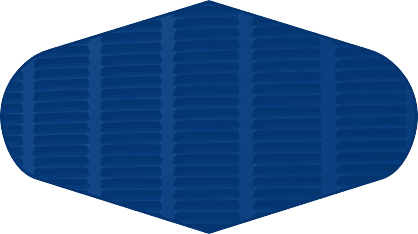Air conditioners are required to function daily through intensive periods of heat and lower temperatures providing adequate ventilation and conducive indoor conditions. Continuous operation without standard levels of maintenance leaves filters to become clogged or units to run out of refrigerant affecting performance and increasing risk of damage. Knowing what to do when your air conditioner isn’t working properly can save on costs in breakage and replacements.
Daily operation places significant strain on an HVAC system if it is not well maintained. The intake will cause dust and debris to accumulate and settle within filters or along coils increasing heat and system malfunction. A problematic aircon can be determined by a number of signs that consumers need to be aware of to take action quickly.
Slow performance and decreased ventilation could be signs of a blockage that has formed within the system. Failure to have the system maintained and filters replaced or cleaned can cause the accumulation of dirt, dust and surrounding dander. The debris will buildup and settle within the filtration and around the coils compromising air flow and reducing the powerful operation of the unit.
Signs of slowed performance and decreased ventilation could indicate problems with the filter. Before calling on a professional technician to assess the system, take a look at the filtration and whether it has become blocked by dust and dirt making it difficult for air to flow through the unit. Simply removing and replacing the filters or clearing the excess matter should produce an improvement in operation.
System switching off or failure to produce cooler air may be an indication of dirt that has settled over the coils or lack of refrigerant. The coils must be inspected and any dirt cleared to prevent it from inhibiting normal insulation and causing overheating. Low levels of refrigerant make it difficult for the system to continue to deliver cooler air and should be topped up as soon as it decreases.
When the unit does not function correctly or does not turn on, ensure that the cables connected are not damaged and plugs secured and safely within the socket. It is important to examine the wiring for faulty connections and to check all of the switches on the mechanism. Once this procedure has been performed and the system is turned on without significant change, a professional contractor must be consulted.
Routine maintenance provided by a reputable technician can prevent the malfunction of HVAC units on a scheduled basis. The contractor will inspect the conditioner for signs of damage, replace the filters, assess the coils and top refrigerant levels in support of strong, cool air and efficient output. Well functioning systems can prevent poor operation and costly repairs.
Any changes in the performance of your HVAC system should be carefully examined. Once you have made the necessary checks and changes and the unit is still problematic, it is time to contact a professional air conditioning repair and maintenance service. Do not attempt any repairs on your own and always call a certified technician who can deliver emergency solutions to restore efficient operation.

 WE SERVICE ALL MAKES & MODELS
WE SERVICE ALL MAKES & MODELS